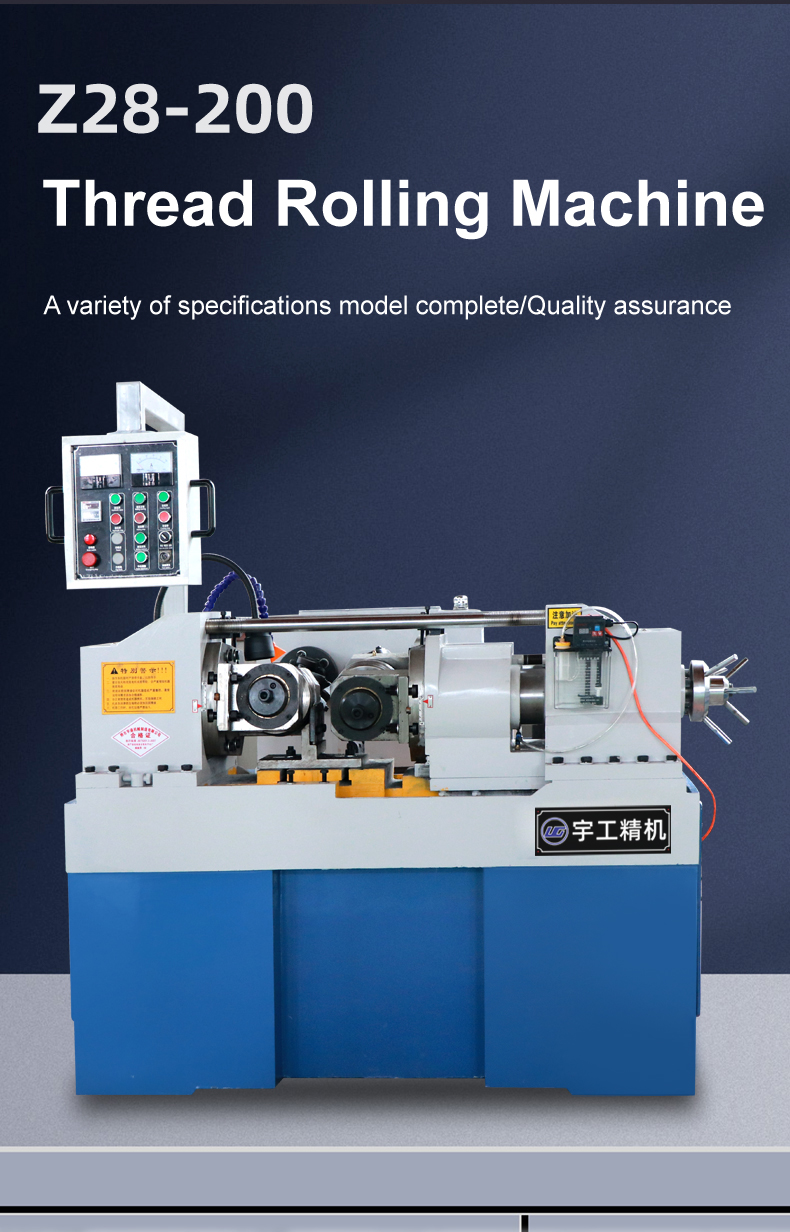
-
 Afrikaans
Afrikaans -
 Albanian
Albanian -
 Amharic
Amharic -
 Arabic
Arabic -
 Armenian
Armenian -
 Azerbaijani
Azerbaijani -
 Basque
Basque -
 Belarusian
Belarusian -
 Bengali
Bengali -
 Bosnian
Bosnian -
 Bulgarian
Bulgarian -
 Catalan
Catalan -
 Cebuano
Cebuano -
 Corsican
Corsican -
 Croatian
Croatian -
 Czech
Czech -
 Danish
Danish -
 Dutch
Dutch -
 English
English -
 Esperanto
Esperanto -
 Estonian
Estonian -
 Finnish
Finnish -
 French
French -
 Frisian
Frisian -
 Galician
Galician -
 Georgian
Georgian -
 German
German -
 Greek
Greek -
 Gujarati
Gujarati -
 Haitian Creole
Haitian Creole -
 hausa
hausa -
 hawaiian
hawaiian -
 Hebrew
Hebrew -
 Hindi
Hindi -
 Miao
Miao -
 Hungarian
Hungarian -
 Icelandic
Icelandic -
 igbo
igbo -
 Indonesian
Indonesian -
 irish
irish -
 Italian
Italian -
 Japanese
Japanese -
 Javanese
Javanese -
 Kannada
Kannada -
 kazakh
kazakh -
 Khmer
Khmer -
 Rwandese
Rwandese -
 Korean
Korean -
 Kurdish
Kurdish -
 Kyrgyz
Kyrgyz -
 Lao
Lao -
 Latin
Latin -
 Latvian
Latvian -
 Lithuanian
Lithuanian -
 Luxembourgish
Luxembourgish -
 Macedonian
Macedonian -
 Malgashi
Malgashi -
 Malay
Malay -
 Malayalam
Malayalam -
 Maltese
Maltese -
 Maori
Maori -
 Marathi
Marathi -
 Mongolian
Mongolian -
 Myanmar
Myanmar -
 Nepali
Nepali -
 Norwegian
Norwegian -
 Norwegian
Norwegian -
 Occitan
Occitan -
 Pashto
Pashto -
 Persian
Persian -
 Polish
Polish -
 Portuguese
Portuguese -
 Punjabi
Punjabi -
 Romanian
Romanian -
 Russian
Russian -
 Samoan
Samoan -
 Scottish Gaelic
Scottish Gaelic -
 Serbian
Serbian -
 Sesotho
Sesotho -
 Shona
Shona -
 Sindhi
Sindhi -
 Sinhala
Sinhala -
 Slovak
Slovak -
 Slovenian
Slovenian -
 Somali
Somali -
 Spanish
Spanish -
 Sundanese
Sundanese -
 Swahili
Swahili -
 Swedish
Swedish -
 Tagalog
Tagalog -
 Tajik
Tajik -
 Tamil
Tamil -
 Tatar
Tatar -
 Telugu
Telugu -
 Thai
Thai -
 Turkish
Turkish -
 Turkmen
Turkmen -
 Ukrainian
Ukrainian -
 Urdu
Urdu -
 Uighur
Uighur -
 Uzbek
Uzbek -
 Vietnamese
Vietnamese -
 Welsh
Welsh -
 Bantu
Bantu -
 Yiddish
Yiddish -
 Yoruba
Yoruba -
 Zulu
Zulu
Top Manufacturers of Advanced Thread Rolling Machines for Precision Engineering Applications
Overview of Thread Rolling Machine Manufacturers
Thread rolling machines are crucial in various industries, particularly in manufacturing threaded fasteners and components. These machines utilize a process known as thread rolling, which creates threads on cylindrical workpieces by deforming the material rather than cutting it. This method offers several benefits, including enhanced strength, improved surface finish, and reduced material waste. As the demand for high-quality threaded products continues to grow, the importance of thread rolling machine manufacturers becomes increasingly significant.
Key Players in the Industry
The thread rolling machine market is characterized by a mix of established players and emerging manufacturers. Major manufacturers often have extensive experience and a deep understanding of the industry's demands. Companies like M.DOMINIC & CO., Screw Tech, and Gambini are well-known names that have built a reputation for producing reliable and high-quality machines.
These manufacturers typically offer a range of machine types, including flat die thread rollers, cylindrical thread rollers, and multi-use machines capable of handling various tasks. Each type of machine serves different purposes, allowing manufacturers to choose a setup that best fits their production needs.
Innovations and Technology
Advancements in technology are also shaping the thread rolling machine industry. Many manufacturers are incorporating automation and computerized systems to enhance production efficiency and accuracy. For instance, CNC (Computer Numerical Control) technology is becoming increasingly prevalent, allowing for precise control over the rolling process. This innovation enables manufacturers to create complex thread profiles and reduce human error.
Additionally, the use of high-strength materials and innovative design features improves the durability and reliability of thread rolling machines. Manufacturers are continuously investing in research and development to stay competitive and meet evolving market demands. The integration of Industry 4.0 concepts into machine operations is another trend, enabling real-time monitoring and data analysis to optimize production processes.
thread rolling machine manufacturers

Global Market Dynamics
The global market for thread rolling machines is expanding, driven by the growth of end-use industries such as automotive, aerospace, and construction. As these industries continue to evolve, the demand for precision-engineered fasteners is increasing, creating opportunities for manufacturers. Countries like Germany, Japan, and the United States remain key markets due to their established manufacturing sectors.
However, emerging economies are also becoming significant players in the market. Countries such as China and India are rapidly industrializing, resulting in increased demand for machinery that can produce quality fasteners at scale. Local manufacturers in these regions are emerging and contributing to the competitive landscape, often by offering cost-effective solutions tailored to their regional markets.
Challenges in the Industry
Despite the opportunities, thread rolling machine manufacturers face several challenges. One of the primary concerns is the fluctuating costs of raw materials used for manufacturing machines. Price volatility can affect overall production costs and profit margins. Additionally, manufacturers must constantly adapt to changing regulations and standards in terms of safety and environmental impact.
Moreover, the workforce skill gap poses a challenge. As new technologies emerge, manufacturers require skilled labor familiar with operating advanced machinery. Investments in training programs and education are essential to ensure the workforce can keep pace with technological advancements.
Conclusion
Thread rolling machine manufacturers play a vital role in supporting the production of threaded components across various industries. With technological advancements, increasing global demand, and a competitive landscape, these manufacturers are poised for growth. However, they must also navigate challenges related to costs, regulations, and workforce skills. As the industry continues to evolve, innovation, quality, and adaptability will be critical to success in the thread rolling machine market.
